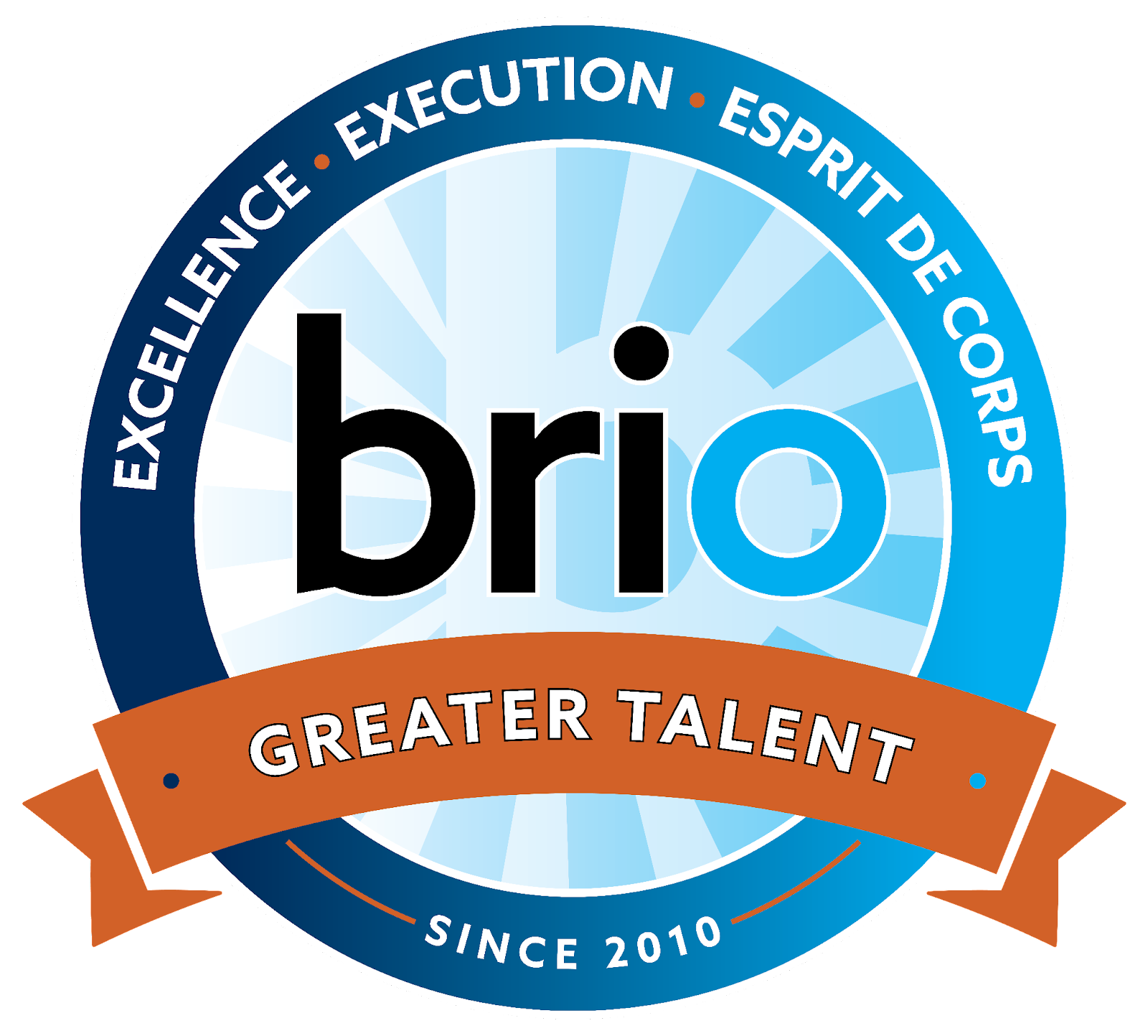
SHARE
With 98,000 tech employees laid off just one month into 2023, many wonder if the wave will follow the biopharma industry.
The rapidly changing landscape and economic uncertainty have led to companies making difficult decisions—including mass layoffs—that can have ripple effects throughout the global marketplace.
Let’s talk about the implications of tech layoffs for BioPharma, both in terms of current operations and future growth, and consider how BioPharma could best prepare for a potentially bumpy road ahead.
The Potential Impact on BioPharma Industry
The BioPharma industry relies heavily on technology for clinical trials and drug manufacturing. Layoffs in tech companies can have a domino effect on biopharma in different ways.
- Research and development in the biopharma industry is the stepping stone to every product that goes out in the market. The tech layoffs can result in a shortage or shut down of technology that drives research, impacting the drug development process.
- Manufacturing new medicines can take longer if tech advances slow down, resulting in more costs for biopharma companies and delayed drug approvals. The year 2022 witnessed a 25% drop in new drug approvals and a less predictable regulator.
However, the instances where tech layoffs have impacted the biopharma industry have been limited.
Example 1: IBM’s sale of its Watson health unit to a private equity firm
In 2020, tech giant IBM sold its Watson Health unit to a private equity firm. This decision had major implications for BioPharma companies, particularly those relying on IBM’s AI-powered drug discovery platform. With the loss of this platform, many firms had to look elsewhere for their drug research needs.
Additionally, the layoffs that accompanied the sale put hundreds of experienced workers out of work, many of whom could not be easily replaced by other companies in the industry due to their specialized skill sets and experience working with IBM’s technology.
Example 2: Google’s decision to shut down its AI-powered drug discovery platform, DeepMind health
Google’s decision to shut down its DeepMind Health project in 2020 also had significant implications for biopharma companies. The closure of the platform meant that any partnerships that Google had formed with pharmaceutical companies had to be dissolved or restructured. Additionally, any research or development projects that relied on DeepMind’s technology were put on hold or canceled as Google stopped supporting them.
Lastly, the mass layoffs from this decision left hundreds more highly skilled workers without jobs and struggling to find new positions within the biopharmaceutical industry.
How Biopharma Companies Can Navigate This Difficult Period and Hire New Talent
While reliance on one source or provider may work well for a particular BioPharma company’s needs, it’s important to diversify tech sources with the current economic climate and hire in the right areas.
Partnering up with multiple tech vendors, developing in-house technology capabilities, and prioritizing cybersecurity measures are some of the ways BioPharma companies can prepare for the upcoming uncertainties.
Partnering with numerous vendors also reduces risk and provides flexibility.
Cybercrime is on the rise. According to Forbes, 34.5% of polled executives in a Deloitte Center for Controllership poll reported that cyber adversaries targeted their organizations’ accounting and financial data.
Developing in-house tech capabilities creates self-reliance. Prioritizing cybersecurity measures protects against data theft and system vulnerabilities.
Closing Thoughts
The wave of layoffs in the tech industry has impacted many other industries and BioPharma is no exception. Often, BioPharma companies utilize high-tech equipment for research, clinical trials, and drug development. Any impact on tech companies that provide the technologies that run medical processes can have an adverse effect on the BioPharma companies.
Diversifying collaboration with tech vendors and developing in-house capabilities can help BioPharma companies mitigate some risks.
Lastly, the huge influx of talent created by the tech layoffs can be a blessing in disguise – an opportunity to hire top engineers and software developers for their teams.
Brio Group specializes in helping emerging companies in the biotech, pharmaceutical, device, and CRO industries hire top talent.
Contact Brio Group today for your hiring needs!



